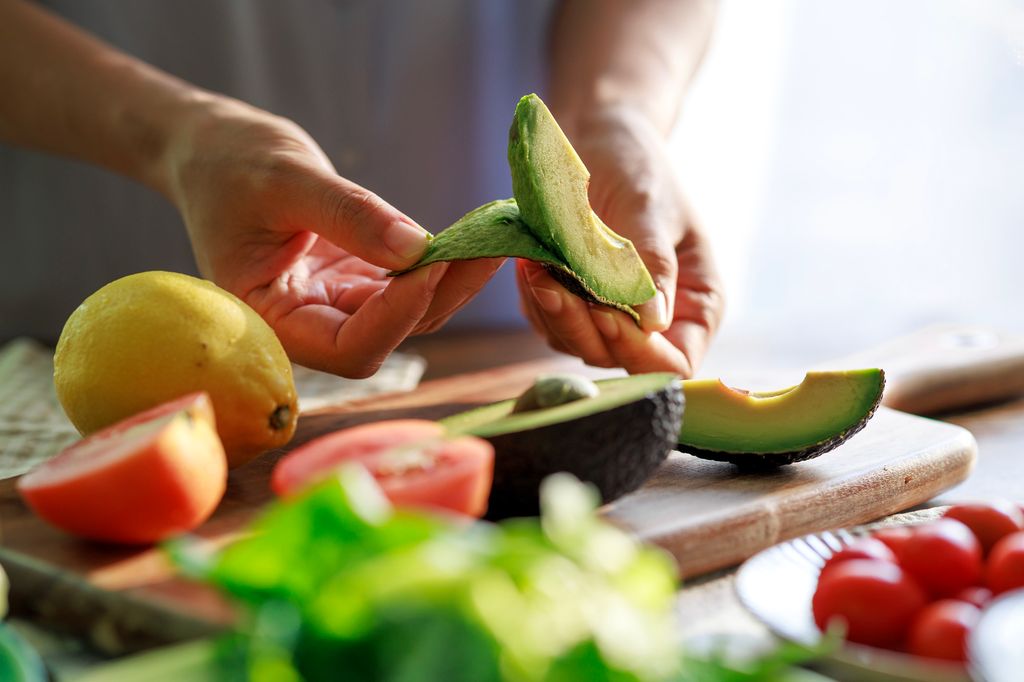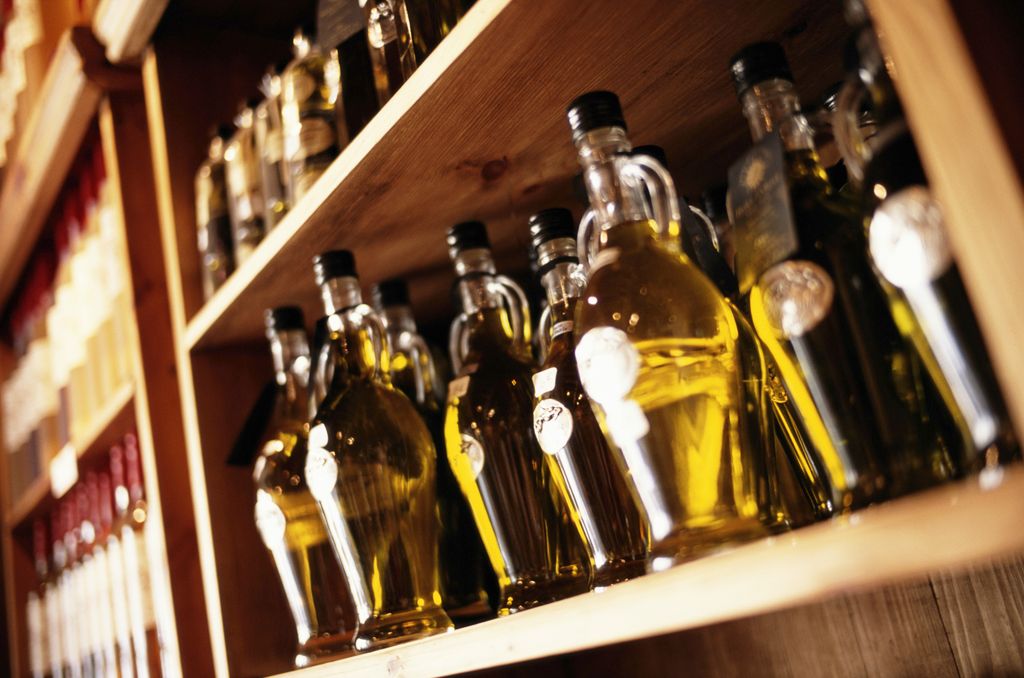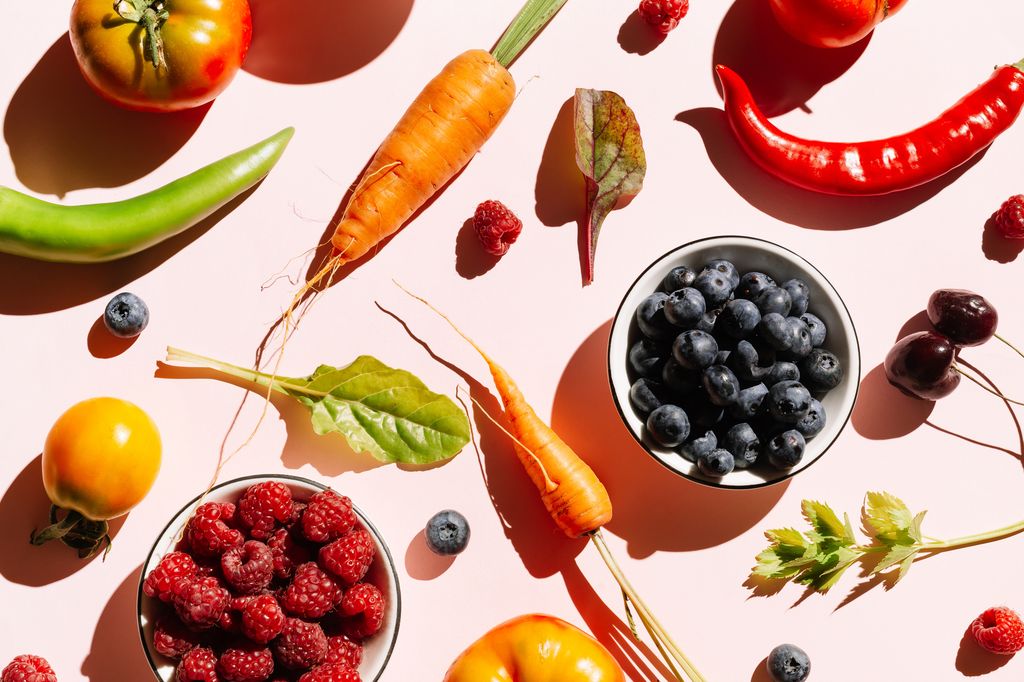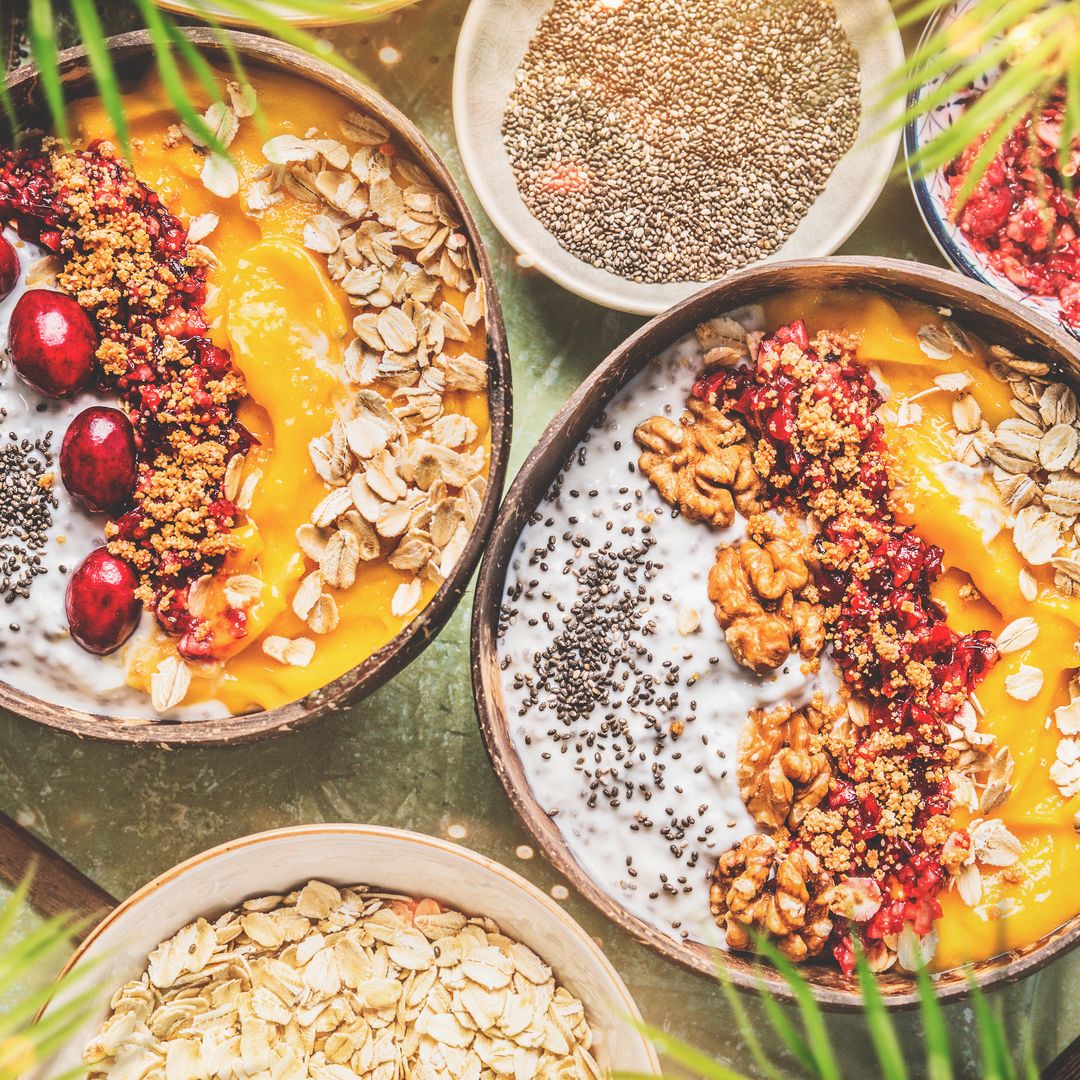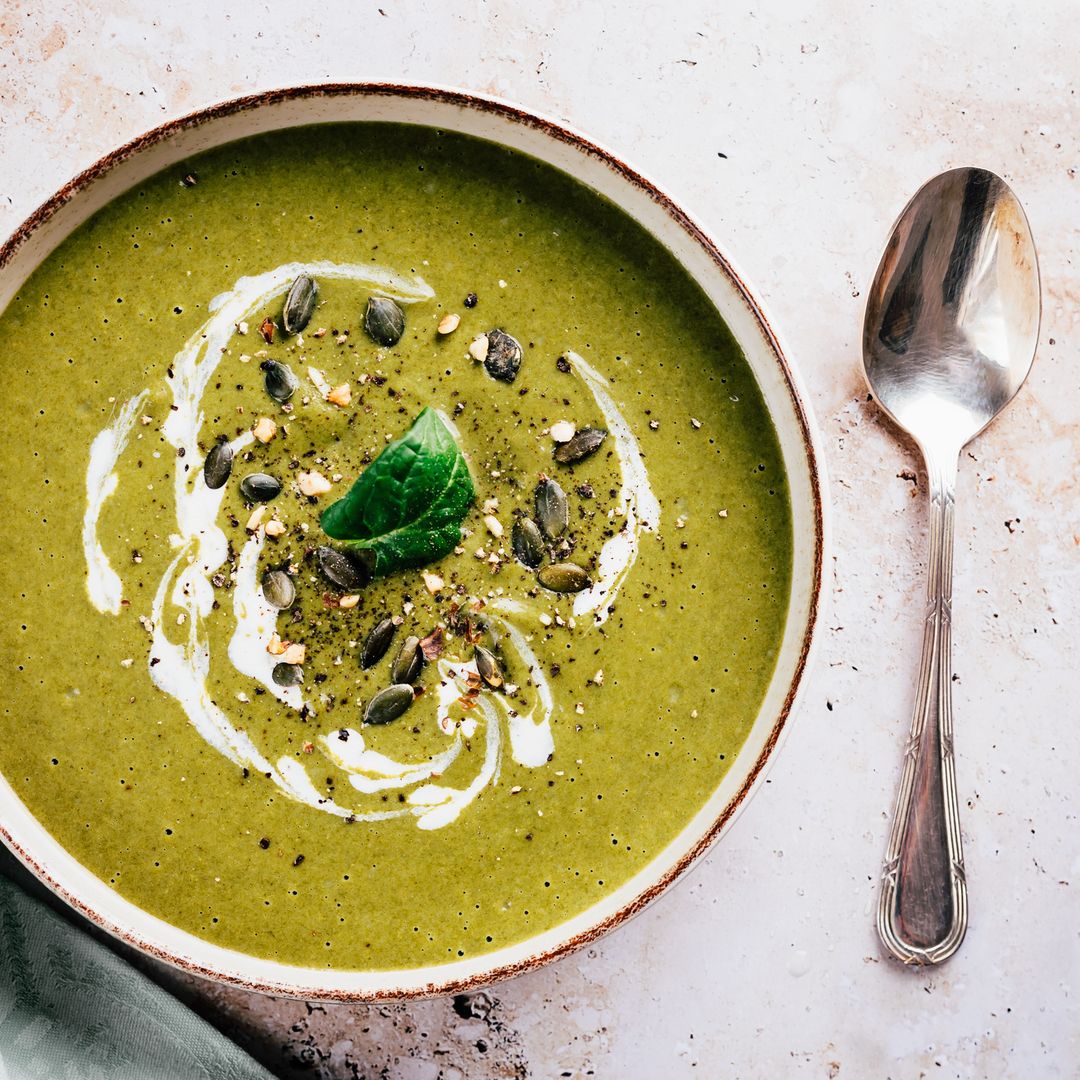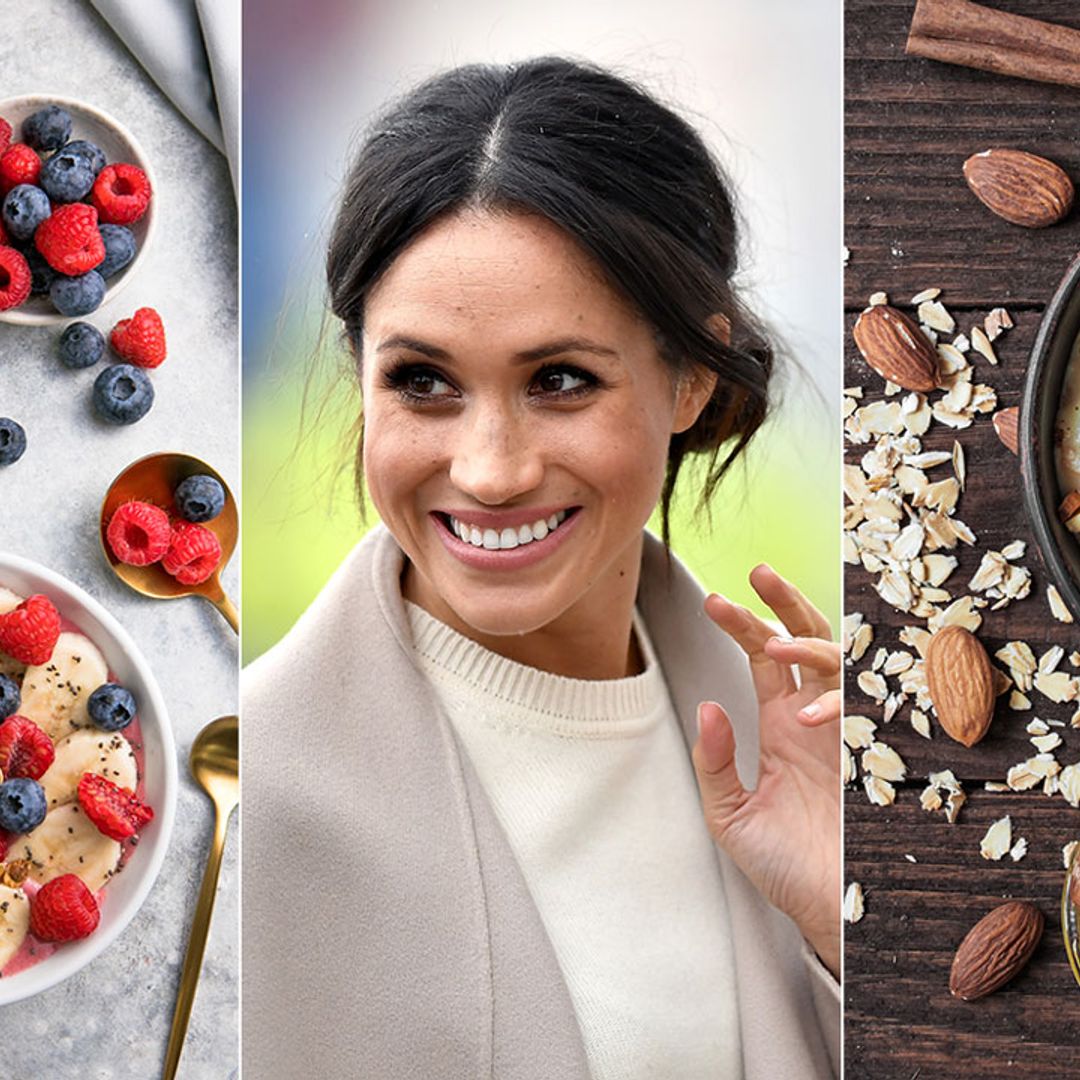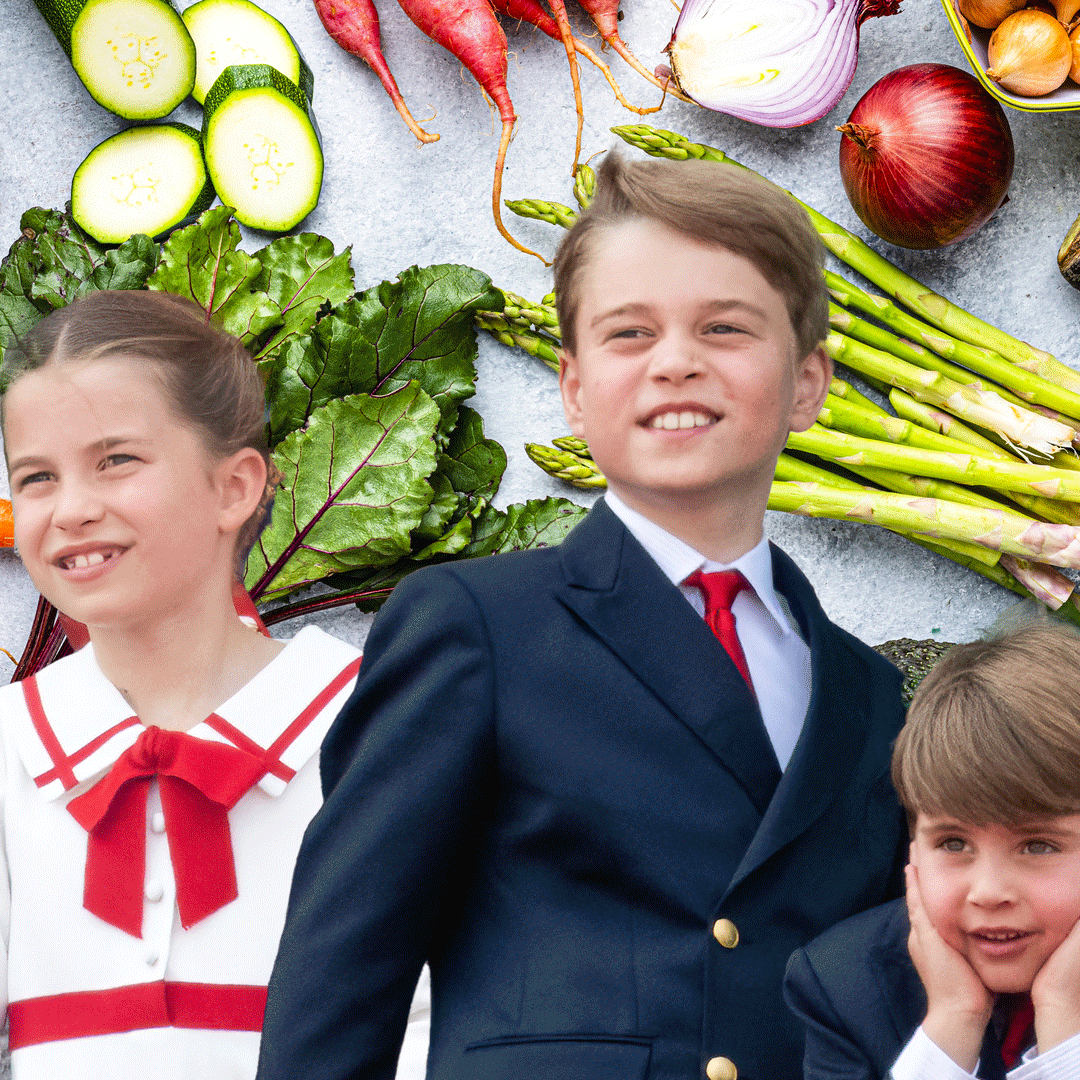For years now, selecting a 'low-fat' option when it comes to our food has been the preferred choice for many.
Whether weight loss has been the main goal, or simply an improvement on our daily diets, it's been a long-held belief that food products advertised as 'low', 'light' in fat, or as fat-free entirely, are the better choice.
However, recent research and literature around nutrition – and the food industry at large – suggest that this theory is a little old hat.
It's not surprising that some find this a little contradictory, so to help clear up confusion, HELLO! spoke to a nutritionist to get their expert opinion on what we should be putting in our shopping basket...
The truth about 'low fat' and 'fat free' foods
As BBC Good Food explains, food manufacturers years ago found a way to remove natural fats from our food in a bid to make them appear healthier (and therefore more marketable).
The aim was to reduce overall "saturated fat", but this resulted in 'fat' in general getting a bad rep.
As the adage goes, fat means flavour. So, by removing natural fats in products, such as yoghurt as one example, alternative ingredients – including trans fats and artificial sugars – were added to lower its overall calorie count but not skimp on a nice taste.
Not to mention the preservative nature these ingredients possess, meaning they are cheap to produce and boast a generous shelf life.
However, as Good Food states, "these hydrogenated [artificial] fats increase levels of dangerous trans fats which are both bad for the heart and our cholesterol."
Joanna Lyall, Head of Nutrition at The Better Menopause, told HELLO! that instead, we need to consider the quality of natural fats we consume.
"The key is to focus on quality – opting for healthy, whole-food fat sources instead of highly processed low-fat alternatives that often compensate with added sugars or artificial ingredients."
She added: "A balanced approach that includes healthy fats supports long-term energy, metabolism, and overall well-being.
"Opting for full-fat yoghurt [as an example] can be a smart choice. It provides beneficial fats along with fat-soluble vitamins and a creamier texture that can promote satiety.
"In many cases, the full-fat version may be less processed and more flavourful, which may lead to better long-term adherence to a healthy eating pattern."
Why fat is essential in our diets
As Joanna mentioned, natural "good" fats are not only better than many think they are, but also an essential part of a healthy, balanced diet.
"Fats are an essential macronutrient and play several critical roles in our bodies. They provide a concentrated source of energy and are key components of our cell membranes.
Certain fats like omega-3s are particularly important during hormonal shifts like perimenopause, so try to eat foods rich in omega-3s, which are also good for brain health.
"A balanced approach that includes healthy fats supports long-term energy, metabolism, and overall well-being."
How to include healthy fats into your diet
So now we know good fats are not to be shunned, how do we make sure we're selecting the best options?
Joanna told us: "Try and snack on a handful of almonds, walnuts, or add chia or flaxseeds to your smoothies or yogurt. Fatty fish like salmon, mackerel and sardines are a good source of omega-3. Avocado and full-fat yoghurt and cheese are also good sources of essential fats.
"You can also cook with extra virgin olive oil or avocado oil, as another way to incorporate healthy fat into your diet."
While dairy is classed as a "saturated" fat, which should be consumed in moderation, opting for fermented options like kefir (a personal favourite of ours) is a great option.
Which fat we should be avoiding
Essentially, most things that are considered "ultra processed and packaged" are high in trans fats (you'll soon, like us, become a pro at studying labels).
Think crisps, cakes, pastries, you get the idea…
Sadly, it's often the delicious treats that we should be avoiding. Or, at least cutting back on - no one should deprive themselves of a birthday cake – this life is for living after all!



